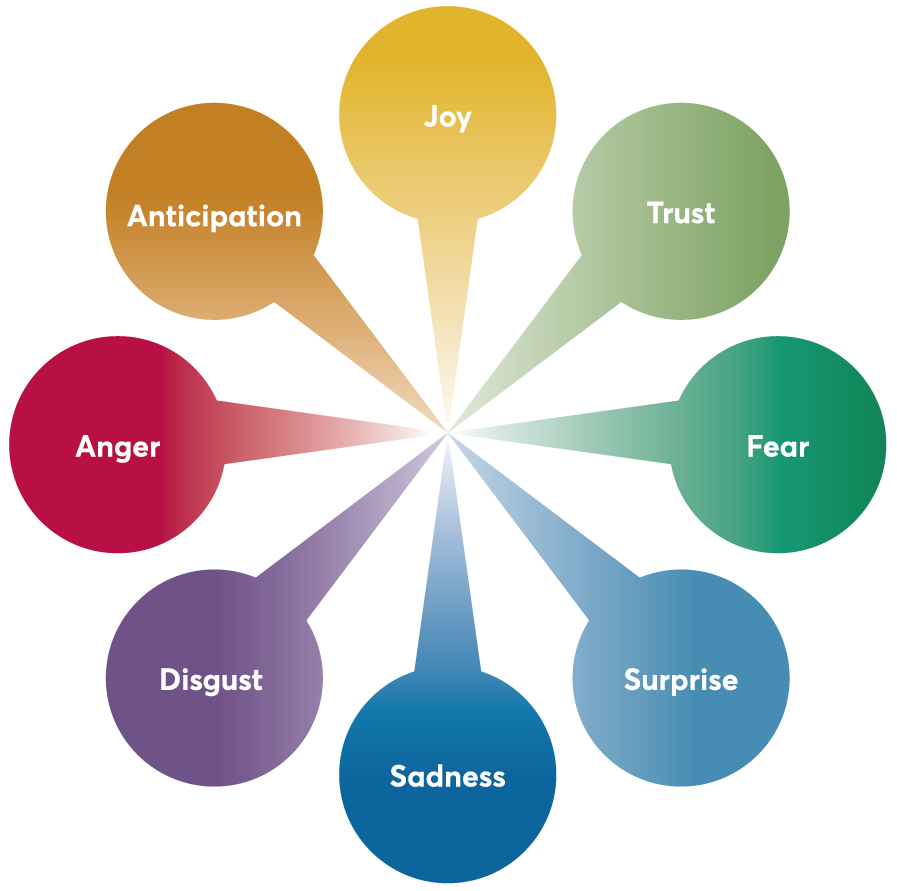Welcome to a transformative journey into the intricate realm of emotions, where the profound and often overlooked energies within, especially the shadowy and disregarded ones, hold a remarkable power. In this exploration, we unveil the wisdom concealed within our emotional landscape and understand the repercussions of either suppressing or recklessly expressing these vital aspects of our human experience.
Join me as we explore the following books, “Rebuilding When Your Relationship Ends” and “The Language of Emotions.” These resources will not only encourage us to confront our emotions but also illuminate the path to harnessing their life-saving insights. Embark on experiential exercises that traverse the full spectrum of feelings, from the tumultuous depths of anger, fear, and shame to the radiant peaks of joy and beyond. Throughout this journey, discover the art of working fluently and expertly with both your own emotions and those of others, ultimately leading to a profound sense of resolution and equilibrium.
We start our journey with the emotion of fear.
Fear is a complex and fundamental human emotion that serves as a natural response to perceived threats or danger. It plays a crucial role in the survival and well-being of individuals and has evolved over time as an adaptive mechanism.
The primary purpose of fear is to trigger a “fight-or-flight” response in the body, preparing it to either confront the threat or flee from it. This response is deeply rooted in our evolutionary history and is designed to enhance our chances of survival in the face of danger. When a person experiences fear, various physiological changes occur, such as increased heart rate, heightened alertness, and the release of stress hormones like adrenaline, all of which contribute to a heightened state of readiness.
Fear can manifest in response to both real and perceived threats, ranging from physical dangers like predators to more abstract threats such as social rejection or failure. This broad range of triggers reflects the adaptive nature of fear, as it helps individuals respond to a wide variety of potential challenges.
On a psychological level, fear also serves as a learning mechanism. Through experiences that evoke fear, individuals can learn to avoid potentially harmful situations in the future. This process is often referred to as fear conditioning, where the brain associates certain stimuli with fear and prompts a defensive response upon encountering those stimuli again.
While fear is essential for survival, it can become problematic when it is excessive or irrational, leading to anxiety disorders or phobias. Understanding and managing fear is an important aspect of maintaining emotional well-being, as it allows individuals to navigate their environment with a balanced and appropriate response to potential threats.

